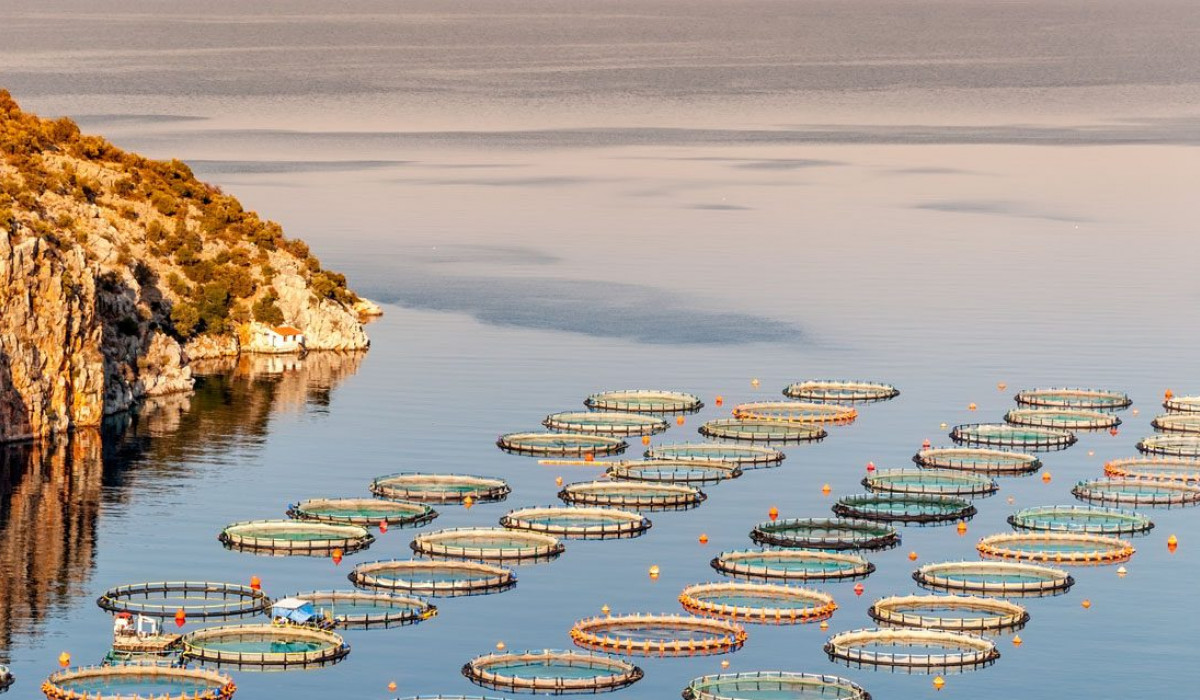Aquaculture, the world's investment to produce food
By Xavier Córdoba, Director of the Bioibérica's Animal Health Division
The progressive increase in population —the FAO estimates that in 2050 the world will reach 9 billion people— and the consequent demand for food have turned aquaculture into a solution which currently produces more than half of the fish consumed in the world

Aquaculture, an industry which has existed for 30 some years, involves breeding aquatic organisms from coastal and rural zones in order to improve the production. Thanks to this technique humans currently cultivate around 567 species of fish, crustaceans, molluscs and plants. This allows for species to be saved which would otherwise disappear with extractive fishing, thus ensuring greater genetic diversity.
One of the global challenges is to make aquaculture more sustainable. With this goal, we aim to improve the nutrition which is provided to the fish with natural ingredients such as nucleotides and bioactive peptides in order to fight against diseases by reinforcing their immunity system and their digestive capacity, among other aspects which affect food quality and security, as well as the environment. Even so, in a scientific congress in Chile Dr. Daniel Benetti, one of the world's leading experts in sustainable aquaculture at the Rosenstiel School of Marine and Atmospheric Science de Miami (USA), explained that recent decades have seen immense advances in sustainability and that aquaculture has a bright future (see the article on the website Aqua.cl).
Asia continues to be world's leading producer, with 88.5% according to data from the FAO in 2012. In Europe, aquaculture represents 20% of the fish production and provides employment to 85,000 people, 20,000 in Spain, a country which leads the sector and which will preside over the Aquaculture Committee of the General Fisheries Commission for the Mediterranean for the next four years.
Sources and resources of interest for more information: